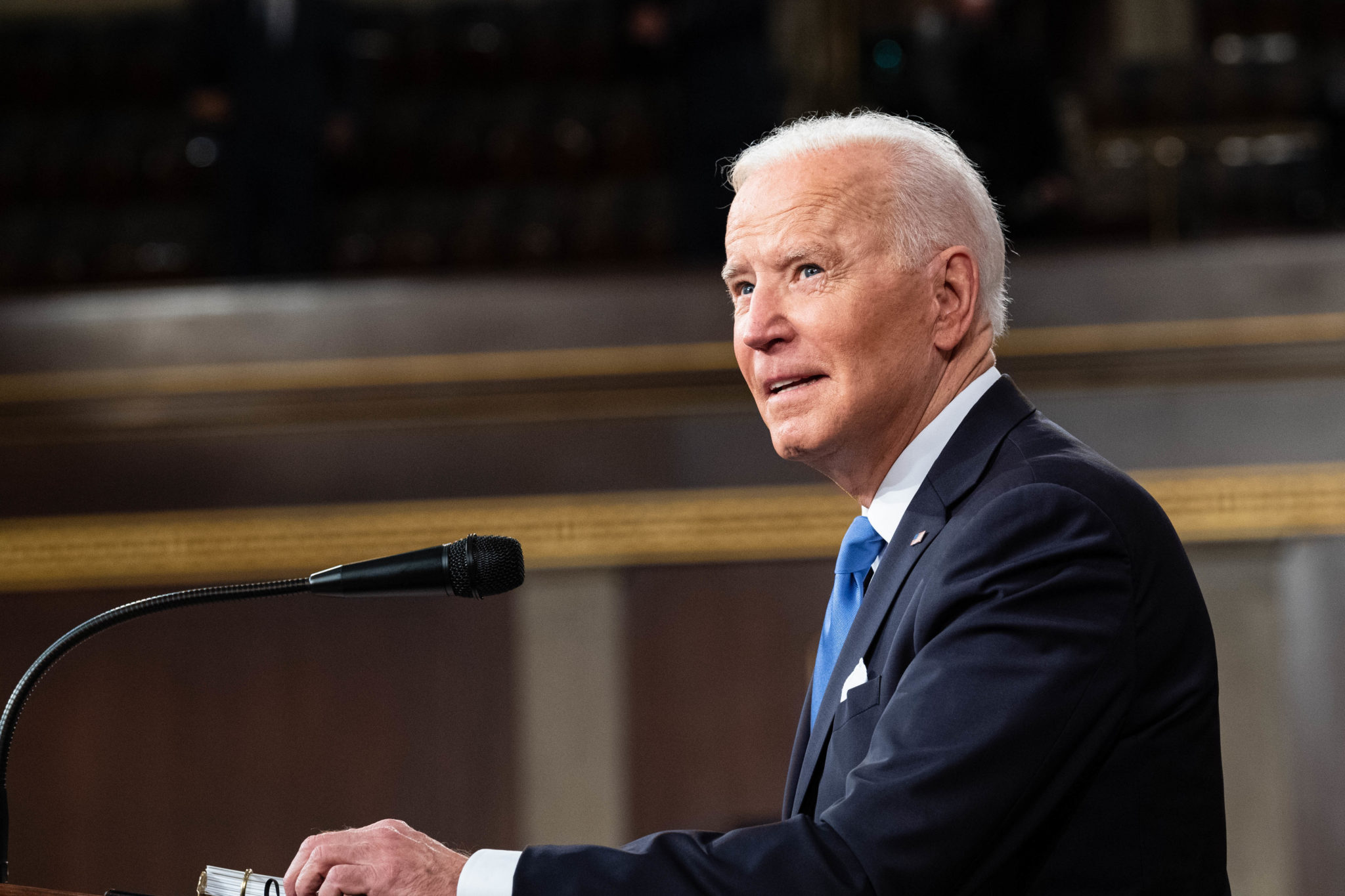Image via
Hundreds of people who have been confined to their homes for committing nonviolent drug crimes may be able to walk free instead of going back to prison.
In 2020, as the coronavirus pandemic began to spread throughout the country’s overcrowded prisons, the federal CARES Act granted 8,300 federal inmates the right to temporarily transition to home confinement. These convicts are slated to be returned to prison as soon as the authorities deem it safe enough, but the Biden administration has just extended a glimmer of hope to some of these convicts.
Cannabis activist Weldon Angelos told Marijuana Moment that the Federal Bureau of Prisons (BOP) just notified almost 1,000 of these inmates that they could be eligible for relief. The BOP asked each of these convicts to report to their designated halfway houses and fill out a form requesting clemency for their offenses. Angelos himself received clemency for a federal pot offense from former President Trump last year, and now works to help other cannabis offenders gain justice.
“President Biden is deeply committed to reducing incarceration and helping people successfully reenter society,” said White House spokesperson Andrew Bates, POLITICO reports. “As he has said, too many Americans are incarcerated – and too many of those incarcerated are Black and Brown. That is why the President is exploring the use of his clemency power for individuals on CARES Act home confinement. The Administration will start the clemency process with a review of non-violent drug offenders on CARES Act home confinement with four years or less to serve.”
White House Press Secretary Jen Psaki has also said that President Biden is “exploring multiple avenues to provide relief to certain nonviolent drug offenders, including through the use of his clemency power,” Marijuana Moment reports. In a recent briefing, Psaki was unable to discuss the details of the BOP’s clemency plans, but reiterated that “the president has been clear about his openness to using clemency powers… and certainly, targeting those toward non-violent drug offenders.”
Without further details, it is unclear exactly who is becoming eligible for clemency, and whether or not federal cannabis offenders will make that list. ACLU deputy national political director Udi Ofer told POLITICO that “through the anecdotal information we’re seeing, we are worried that the White House is viewing this issue too narrowly and unnecessarily restricting the category of people being asked to apply for clemency.”
So far, the Biden administration has had a pretty dismal track record when it comes to cannabis reform. The White House promised that it wouldn’t punish staffers for prior pot use, but then fired or disciplined several staffers for legally using weed in their home states. And even though Congress is finally getting around to advancing federal cannabis legalization bills, Biden has suggested that he might veto them.
Instead, the president has suggested that the DEA should simply move cannabis from Schedule I to Schedule II of the Controlled Substances Act. This would still lump weed into the same category as cocaine, fentanyl, and oxycodone, though, and would do nothing to help free thousands of inmates currently serving time for minor weed crimes. Granting clemency to these prisoners would at least be a first small step towards bringing justice to the casualties of the War on Drugs.











